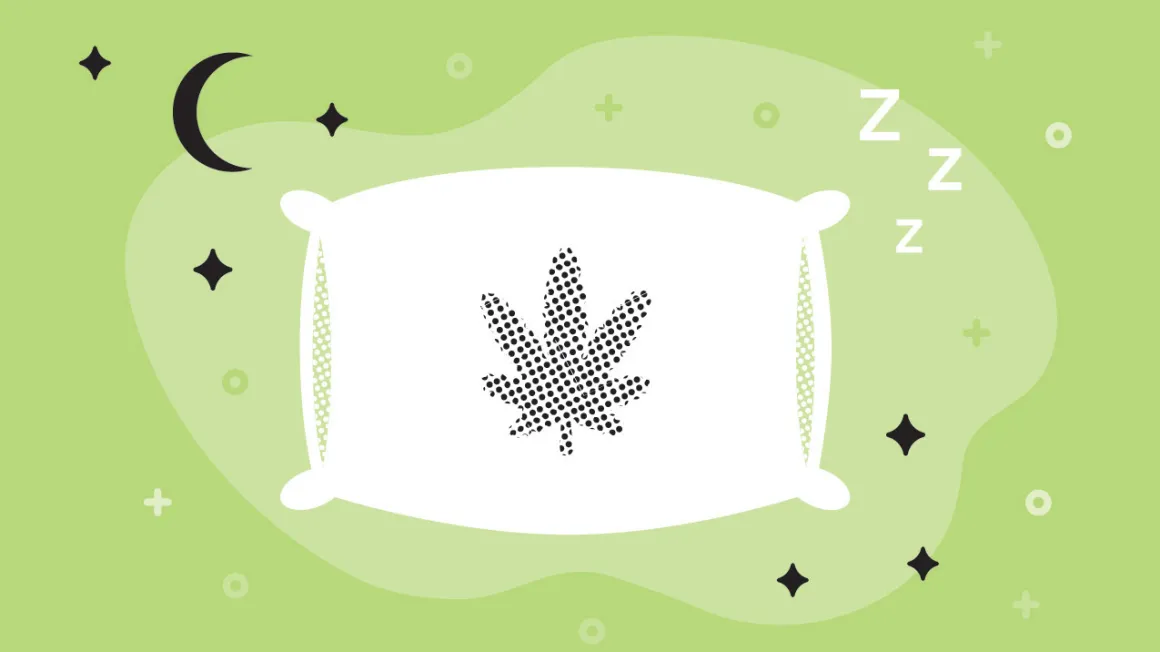With the legalization of marijuana in Thailand and other countries, it's becoming increasingly important to understand its effects as a sleep aid. This article will explore the research supporting the use of marijuana to treat insomnia and nightmares caused by anxiety and PTSD. However, it is crucial to consider the potential side effects and weigh the benefits against the costs.
Exploring the Science Behind Marijuana
Marijuana contains over 100 different chemicals known as cannabinoids. These chemicals bind to receptors in the central nervous system and affect brain function. The two most prevalent cannabinoids are delta-9 tetrahydrocannabinol (THC) and cannabidiol (CBD). These compounds have different effects on sleep and mood.
There are two main species of marijuana plants, indica and sativa, each with its own unique properties. Indica is typically used to treat chronic insomnia, anxiety, and pain, while sativa is more effective in relieving nightmares.
The THC and CBD content of each species may vary. THC can cause hallucinations, paranoia, a feeling of being high, and other psychoactive effects. In contrast, CBD has been shown to reduce anxiety and improve insomnia. Additionally, cannabinoidol, a sedative chemical, seems to increase as marijuana ages and dries.
Marijuana can be consumed in several ways, including smoking, oils, concentrates, and tinctures. It can also be ingested through edibles like brownies and cookies, though this method of consumption is less desirable for sleep aid due to the delayed onset of action.
Marijuana and Sleep: What the Research Shows
Years of federal restrictions have limited research into the use of marijuana as a sleep aid. As legal restrictions are lifted, there will be more opportunities for medical and recreational use and further research into its medicinal properties. Nevertheless, there are some early findings in the scientific literature that are worth noting.
Preliminary studies suggest that CBD may have a greater impact on sleep, while THC may reduce the time it takes to fall asleep but may also impair sleep quality in the long term. Synthetic cannabinoids, including nabilone and dronabinol, may have short-term benefits for sleep apnea due to their impact on serotonin. However, more research is needed in this area as there are currently no medications for the treatment of sleep apnea.
CBD also suppresses REM sleep, which may be beneficial for those with REM sleep behavior disorder. Withdrawal from marijuana use may cause an increase in REM sleep and could have important implications for some people. Synthetic nabilone may also reduce nightmares associated with PTSD and relieve chronic pain.

